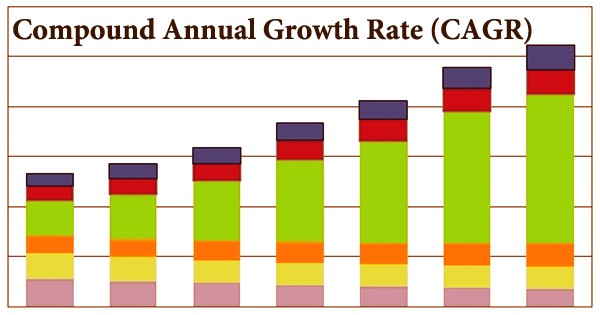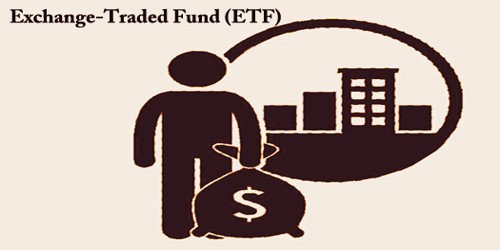A building society is a financial institution owned by its members as a mutual organization. It is a financial organization that pays interest on investments by its members and lends capital for the purchase or improvement of houses. Building societies offer banking and related financial services, especially savings and mortgage lending. It is a business that lends you money if you want to buy a house or pays you interest on the money you invest there. Building societies exist in the United Kingdom and Australia and used to exist in Ireland and several Commonwealth countries. They are similar to credit unions in the organization, though few enforce a common bond. However, rather than promoting thrift and offering unsecured and business loans, the purpose of a building society is to provide home mortgages to members. The building society receives deposits from savers and then uses the funds to make loans for its members for house purchase.
Building societies provide banking and other financial services to their members. Banks are companies usually listed on the stock market, and hence are owned by, and run to the benefit of its shareholders. Building societies on the other hand have no external shareholders. These societies offer mortgages and demand-deposit accounts. Insurance companies are often major supporters. Mortgage borrowers, savers, and current account holders are ‘members’ who vote on decisions that affect society. Mortgages are also known as “liens against property” or “claims on property.” If the borrower stops paying the mortgage, the building society may foreclose on it. Borrowers and depositors are society members, setting policy and appointing directors on a one-member, one-vote basis.
Building societies are a mutual organization. Building societies often provide other retail banking services, such as current accounts, credit cards, and personal loans. This means that its borrowers and savers have a membership and are joint owners of society. The term “building society” first arose in the 19th century in Great Britain from cooperative savings groups. In Britain, a building society is a business that will lend you money when you want to buy a house. You can also invest money in a building society, where it will earn interest.
They are similar to credit unions and savings and loan institutions, but their members are typically those in construction trades, real estate, or co-op housing. In the United Kingdom, building societies actively compete with banks for most consumer banking services, especially mortgage lending and savings accounts, and regulations permit up to half of their lending to be funded by debt to non-members, allowing societies to access wholesale bond and money markets to fund mortgages. The world’s largest building society is Britain’s Nationwide Building Society. Further, in Australia, building societies also compete with retail banks and offer a full range of banking services to consumers.
















